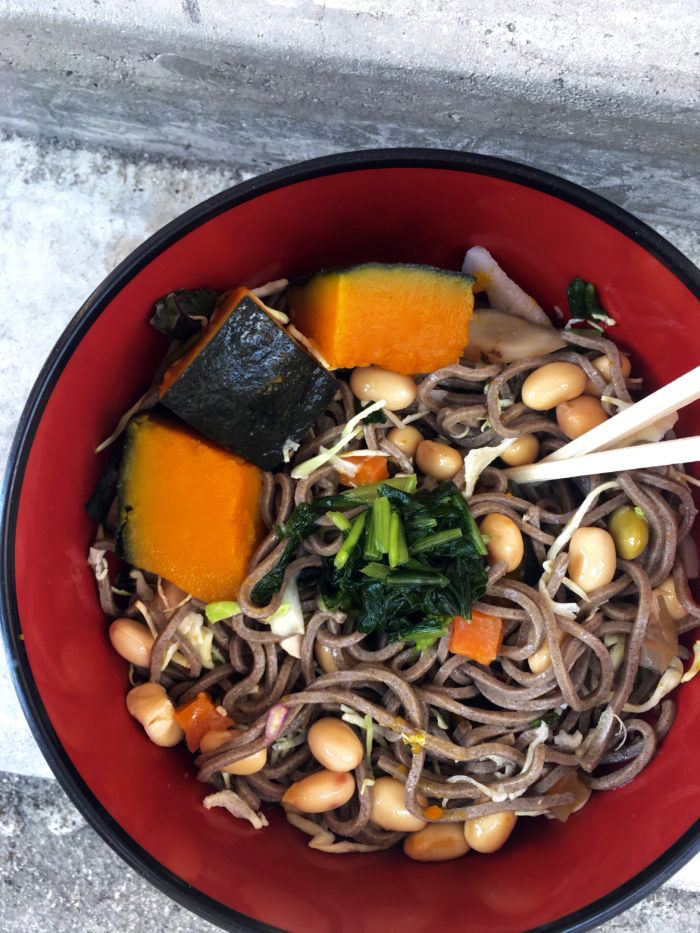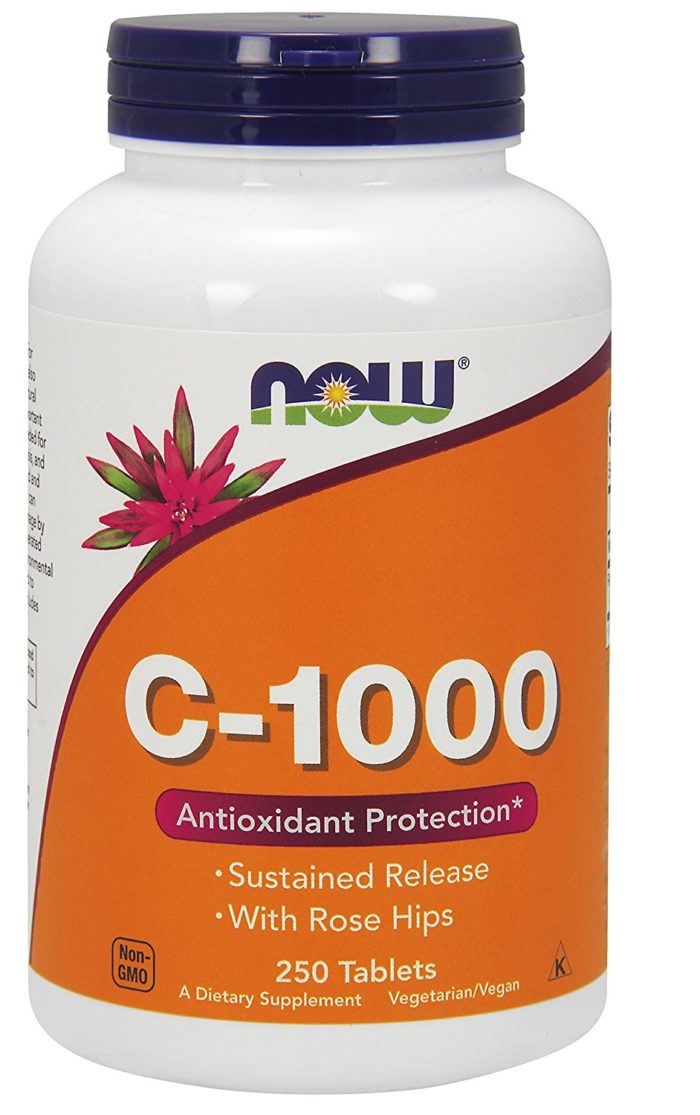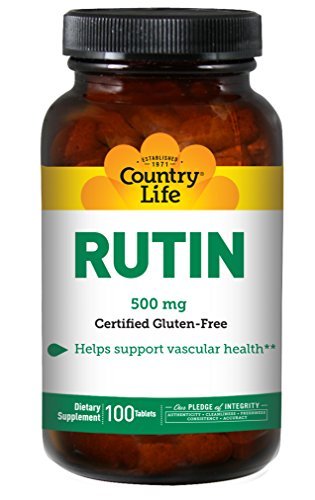 I recently went to a fascinating seminar on the nutrition for vascular health. I have a special interest in this topic as varicose veins are common in both sides of my family. Moreover, I am a pharmacist and spend long hours on my feet, not moving much through the day. I am therefore at greatest risk of developing vein problems as I get older.
I recently went to a fascinating seminar on the nutrition for vascular health. I have a special interest in this topic as varicose veins are common in both sides of my family. Moreover, I am a pharmacist and spend long hours on my feet, not moving much through the day. I am therefore at greatest risk of developing vein problems as I get older.
It was a very informative and interesting day and I learned a lot about prevention of varicose veins, and promoting healthy circulation of the legs in general. If you suffer from lower leg swelling and soreness at the end of the day, you’ll also benefit.
Before I get to the details–let me tell you a bit about the anatomy of veins.
These “passive” blood vessels are built of three layers:
– Intima (closest to the blood)
– Media (constructed of smooth muscles and extracellular matrix)
– Adventita
Two of the most important building blocks that hold the structure together are collagen and elastin. The very same things that keep the youthful appearance of your face (lack of wrinkles!). ;D
They are the most important proteins responsible not only for vascular and skin health but also muscle tone and gut structure. Their role in the veins is to keep them flexible, resilient, and strong.
The health of the veins also relies on the peripheral pump (that “pushes” the blood up the body): calf, thigh and foot pump and sympathetic nervous system activity (think: stress + increase of the blood pressure!).
Varicose veins don’t develop overnight! Your body gives you “warning signs” long time before your veins become tired and bulgy.
“Caution signs” include:
– Tired, heavy and achy calf, especially after prolonged sitting and standing
– Easy bruising
– Spider veins
– Eczema of the legs
– Pigmentation under the skin’s surface
– Delayed wound healing
The following factors can predispose you for the future vein insufficiency:
– Obesity
– Lack of exercise
– Constipation
– Smoking
– Jobs that require long periods of standing (e.g. factory workers, shop assistants, pharmacists, teachers)
– Nutrient deficiency
– High sugar diet
– Inflammation
What can you do to keep your legs healthy, that will allow you to wear that miniskirt /shorts till you are in your 80s or 90s? ;D
See my favorite nutrients for vein health!
1. Vitamin C
This marvelous vitamin is an excellent antioxidant. It fights free radicals that can damage blood vessels, and is also required for the collagen synthesis (mentioned earlier) and increase of the blood flow.
The main sources of vitamin C are fruits and vegetables. Sadly, the amount of vitamin C in produce has reduced dramatically, due to long storage and agricultural methods.
This is why I recommend supplementing.
The “maintenance dose” varies between 1000mg to 2000mg a day.
2. Anthocyanins
These are types of pigmented flavonoids that give fruits and vegetables their beautiful colors.
Similarly to vitamin C–they are able to fight free radicals and inhibit degradation of the vascular tissue.
My favourite food sources include: all kinds of berries, black grapes, pecan nuts, red cabbage, apples, plums, chocolate, cocoa, tea, barley and sorghum.
Recent studies show the benefits of supplementing with extracts of pine bark and grape seeds.
3. Rutin
Rutin is found in buckwheat. It helps to seal and reinforce of blood vessel walls and works with vitamin C to enhance collagen synthesis. In other words – it makes your veins less permeable and more elastic!
4. Horse chestnut
Active ingredient from horse chestnuts–beta-aescin increases the strength of vein wall, reduces the swelling and decreases inflammation.
5. Vitamin K
K vitamins are important for general cardio-vascular health. They are involved in blood clothing and keeping the veins flexible (by reducing mineralization of the wall structure that makes them harder and less elastic).
Great food sources include natto and green leafy vegetables.
 Japanese Soba Noodles with Natto & Kabocha Squash
Japanese Soba Noodles with Natto & Kabocha Squash
Last but not least – remember about good, old exercise! Walk, run, swim, cycle – anything to get your body moving! 😀
Also by Kate: This Ayurvedic Herb Is As Potent As Antibiotics In Treating Acne–& Other Woes
Suffer from Chronic Inflammation? Why Supporting Your Vagus Nerve Is Key
__
Photo: Orlando Gutierrez via Unsplash; Respective brands; Quincy Malesovas









